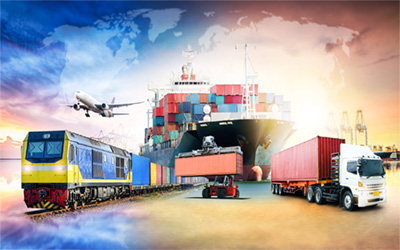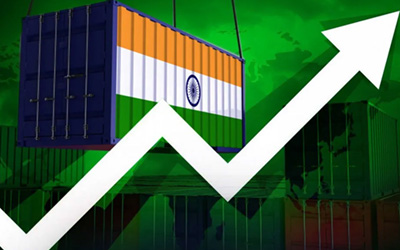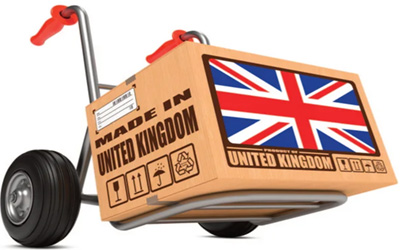Understand Multimodal Transportation
In the dynamic landscape of logistics, efficiency is the key to success. Multimodal transport emerges as a beacon of optimization, seamlessly integrating various modes of transportation to streamline the movement of goods. From trucks to trains, ships to planes, this approach offers a versatile solution to the complexities of modern freight forwarding and supply chains.
Exploring the Concept
Multimodal transport refers to the use of multiple modes of transportation within a single supply chain journey. It encompasses a strategic blend of Sea, Air, Road, Rail transport to optimize efficiency, cost-effectiveness, and reliability.
Benefits of Integration
 By leveraging diverse transportation modes, multimodal Transport minimizes dependency on any single carrier or route, mitigating the risk of disruptions. It enhances flexibility, reduces transit times, lowers transportation costs, and promotes sustainability through optimized route planning and resource utilization. A combination which when used well by a reputable logistic company is a proven way of reducing your carbon footprint for sustainable freight forwarding.
By leveraging diverse transportation modes, multimodal Transport minimizes dependency on any single carrier or route, mitigating the risk of disruptions. It enhances flexibility, reduces transit times, lowers transportation costs, and promotes sustainability through optimized route planning and resource utilization. A combination which when used well by a reputable logistic company is a proven way of reducing your carbon footprint for sustainable freight forwarding.
Real-world Applications
In practice, multimodal transportation manifests in various forms, from intermodal containers seamlessly transitioning between trucks, trains, and ships to sophisticated logistics networks orchestrating the synchronized movement of goods across continents.
The Components of Multimodal Transportation
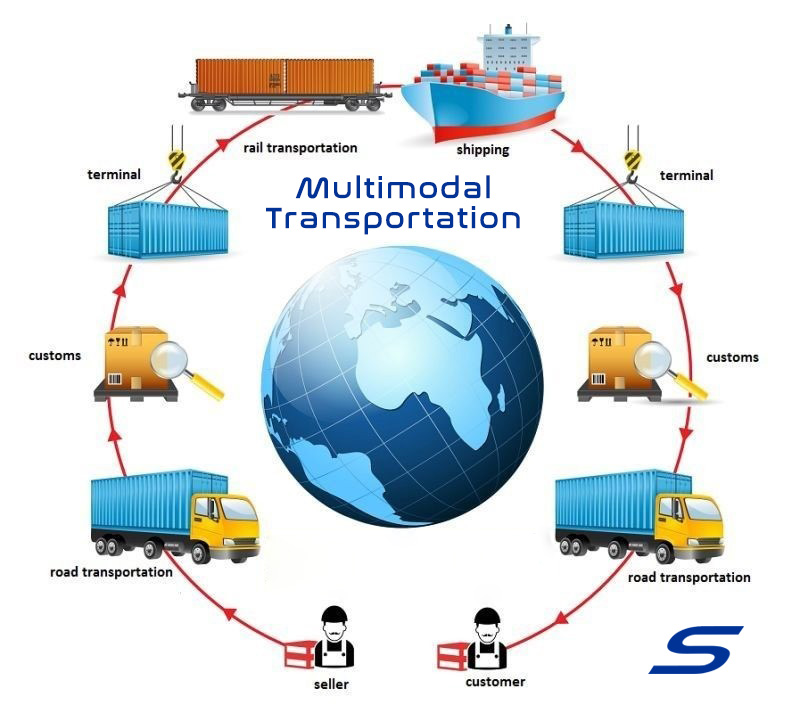
Intermodal Infrastructure
Central to multimodal Transport is the presence of intermodal infrastructure, including terminals, depots, and hubs, facilitating the seamless transfer of cargo between different modes of transport.
Technology Integration
 Advancements in technology play a pivotal role in enhancing the efficacy of multimodal Transport. From GPS tracking and real-time monitoring to predictive analytics and blockchain solutions, technology optimizes operations, enhances visibility, and ensures the smooth flow of goods.
Advancements in technology play a pivotal role in enhancing the efficacy of multimodal Transport. From GPS tracking and real-time monitoring to predictive analytics and blockchain solutions, technology optimizes operations, enhances visibility, and ensures the smooth flow of goods.
Regulatory Compliance
Navigating the regulatory landscape is crucial in multimodal transport. Compliance with international trade regulations, safety standards, and environmental policies is paramount to ensure seamless cross-border operations and sustainable practices. Customs plays a big part of cross boarder transportation, any paperwork or regulations that are not add eared to or in place can hold things up for the customer ultimately costing them thousands. Emphasizing the fact of using a reputable logistics company, to coin a phrase; “being worth their weight in gold”.
Challenges and Solutions
Operational Complexity
The integration of multiple transport modes introduces operational complexities, including coordination challenges, documentation requirements, and interoperability issues. However, robust management systems, digital platforms, and collaborative partnerships mitigate these challenges, ensuring streamlined operations.
Risk Management
Multimodal transport involves inherent risks, such as delays, damages, and security threats. Effective risk management strategies, including insurance coverage, contingency planning, and security protocols, safeguard the integrity of supply chains and mitigate potential disruptions.
SARR logistics offer a standard insurance policy on all freight however we advise when quoting to uplift your insurance policy to full cover just because bad things happen at sea and we want to make sure your business does not suffer any losses.
Environmental Impact
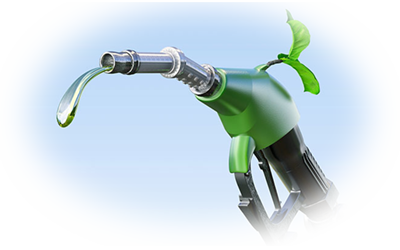 While Multimodal Transport offers environmental benefits through route optimization and modal shift, it also generates carbon emissions and environmental footprints. Sustainable practices, such as fuel-efficient technologies, alternative energy sources, and carbon offset initiatives, are imperative to minimize environmental impact.
While Multimodal Transport offers environmental benefits through route optimization and modal shift, it also generates carbon emissions and environmental footprints. Sustainable practices, such as fuel-efficient technologies, alternative energy sources, and carbon offset initiatives, are imperative to minimize environmental impact.
Conclusion
In conclusion, multimodal transportation represents a paradigm shift in logistics, offering a comprehensive solution to the challenges of modern supply chains. By harnessing the synergy of multiple transportation modes, businesses can unlock new levels of efficiency, resilience, and sustainability in their operations.
Multimodal transport in logistics opens new opportunities for companies seeking to improve their supply chain operations. Combining Sea, Air, Road, Rail freight in a smart manner allows companies to increase efficiency, reduce costs, and enhance their global presence. With the cooperation of the right partner and proper preparation, multimodal freight solutions can transform your logistics operations, which will guarantee that your goods arrive on time, every time.
FAQs
How does multimodal transportation benefit businesses?
Multimodal transport enhances operational efficiency, reduces costs, improves reliability, and expands market reach for businesses by leveraging diverse transportation modes.What challenges are associated with multimodal transportation?
Multimodal transportation faces challenges such as operational complexities, regulatory compliance, risk management, and environmental impact, which require strategic planning and innovative solutions.Is technology integration essential in multimodal transportation?
Yes, technology integration is crucial in multimodal transportation as it enhances visibility, improves operational efficiency, and enables real-time monitoring and decision-making.How does multimodal transportation contribute to sustainability?
Multimodal transportation promotes sustainability by optimizing route planning, reducing carbon emissions, minimizing fuel consumption, and promoting modal shift towards more eco-friendly transport modes.
What role does regulatory compliance play in multimodal transportation? Regulatory compliance is essential in multimodal transportation to ensure adherence to safety standards, international trade regulations, and environmental policies, facilitating seamless cross-border operations and sustainable practices.
What are the future prospects of multimodal transportation?
The future of multimodal transportation looks promising, with advancements in technology, infrastructure development, and sustainability initiatives driving innovation and efficiency in global supply chains.


